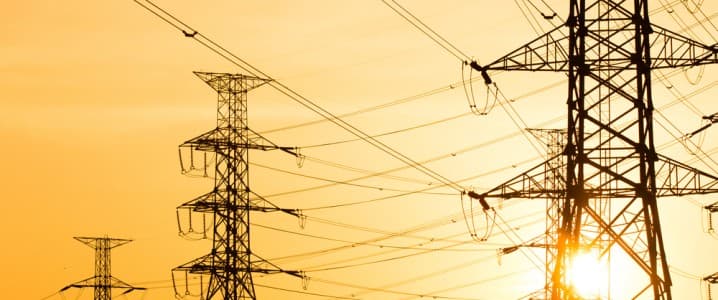Make UK, a manufacturing industry body, has warned that sky-high energy costs for industrial consumers are compromising the country’s future in manufacturing.
The UK has the highest energy costs in the developed world because of successive governments’ efforts to shift the economy from hydrocarbons to wind, solar, and batteries that require heavy subsidization through a combination of incentives and higher taxes, including carbon taxes on gas generators.
“If we do not address the issue of high industrial energy costs in the UK as a priority, we risk the security of our country,” the chief executive of Make UK said, as quoted by Reuters. “We will fail to attract investment in the manufacturing sector and will rapidly enter a phase of renewed de-industrialisation,” Stephen Phipson added.
Reuters earlier reported that the share of manufacturing in the UK economy has been in a stable decline for three decades—a process commonly known as deindustrialization. In 2024, it reached an all-time low of 9% of GDP. Other developed economies are also deindustrializing, but the process is the fastest in the UK, the publication noted.
One big reason for the recent acceleration in this process is the fast rise in energy costs. The Starmer government and proponents of the energy transition are blaming the price of natural gas and the fact that final electricity prices are set by the baseload generators, which happen to run on gas in the UK. With local gas production down, the UK has had to lean more heavily on imports and, politicians and activists argue, this is what is pushing costs higher.
However, these comments omit some important facts, such as, for instance, the carbon tax, which it imposes on hydrocarbon power generators. This naturally affects the final price of their output as does the fact that these generators do not run their plants as they are supposed to be run, namely, around the clock. Instead, they ramp up and down in response to wind and solar output fluctuations, which also adds to the cost of the electricity they produce.
By Irina Slav for Oilprice.com
More Top Reads From Oilprice.com

